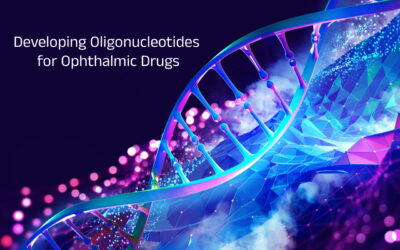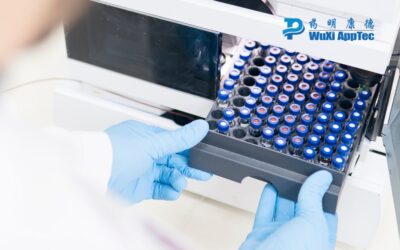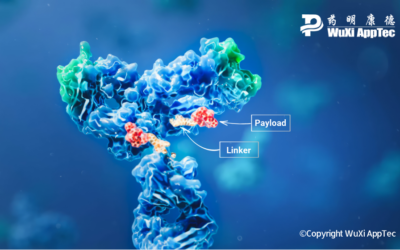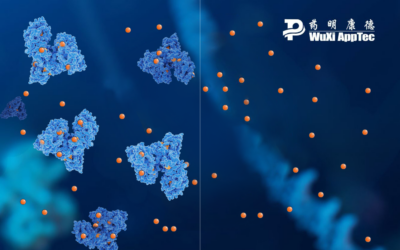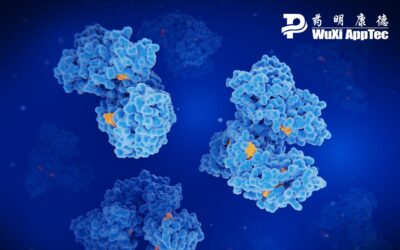Preclinical toxicological testing is a critical early milestone in drug development, acting as a gateway to clinical trials.
Technical Expertise
What Toxicity Data Is Needed Before First-In-Human (FIH) Trials?
To begin FIH trials, researchers have to demonstrate that the compound is reasonably safe for initial use in humans with toxicity data.
Oligos for Ocular Diseases: Overcoming the Challenges
Oligonucleotides, also known as “oligos,” are increasing in popularity due to their ability to target conditions previously thought undruggable.
7 Most Common Bioanalytical Testing Platforms for Small and Large Molecule Bioanalysis
Bioanalytical testing platforms are specific analytical tools that analyze and define the amount of drug molecules in biological fluid.
Striking the Right Balance: Linker Design in ADC Cancer Therapies
Single dose acute toxicity studies are small, relatively inexpensive studies – but critical to the success of your drug development program.
ELISpot Assays: The Key to Unlocking Advanced Cellular Immunity Testing
Single dose acute toxicity studies are small, relatively inexpensive studies – but critical to the success of your drug development program.
The Crucial Role of Biomarkers in the Precision Medicine Revolution
Single dose acute toxicity studies are small, relatively inexpensive studies – but critical to the success of your drug development program.
Acute Toxicity Studies: 3 Best Practices to Stay on Track with Your IND Timeline
Single dose acute toxicity studies are small, relatively inexpensive studies – but critical to the success of your drug development program.
Flux Dialysis: A Cutting-Edge Tool for PPB Studies & Understanding DDI
Metabolic stability is the susceptibility of compounds to biotransformation, which has a major impact on the efficacy and safety of drugs. Here are five assays that evaluate metabolic stability in the drug development process.
Metabolic Stability in Drug Development: 5 Assays
Metabolic stability is the susceptibility of compounds to biotransformation, which has a major impact on the efficacy and safety of drugs. Here are five assays that evaluate metabolic stability in the drug development process.
WuXi AppTec Launches R&D Center for Large Animal PK & Non-GLP Bioanalytical Research Services
A new 18,000-square-meters (~193,000 square feet) R&D center in Nantong will allow WuXi AppTec’s DMPK Team to meet the demand of a variety of projects, from screening PK to IND applications – while meeting international standards. In May 2023, WuXi AppTec...
Revolutionizing Plasma Protein Binding Determination with Echo® MS
Plasma protein binding (PPB) assays are critical in the drug discovery process. However, this stage of development can be complex, time-consuming and expensive. So, any advancement in the technology used to carry out PPB assays is welcome news for drug sponsors and...


